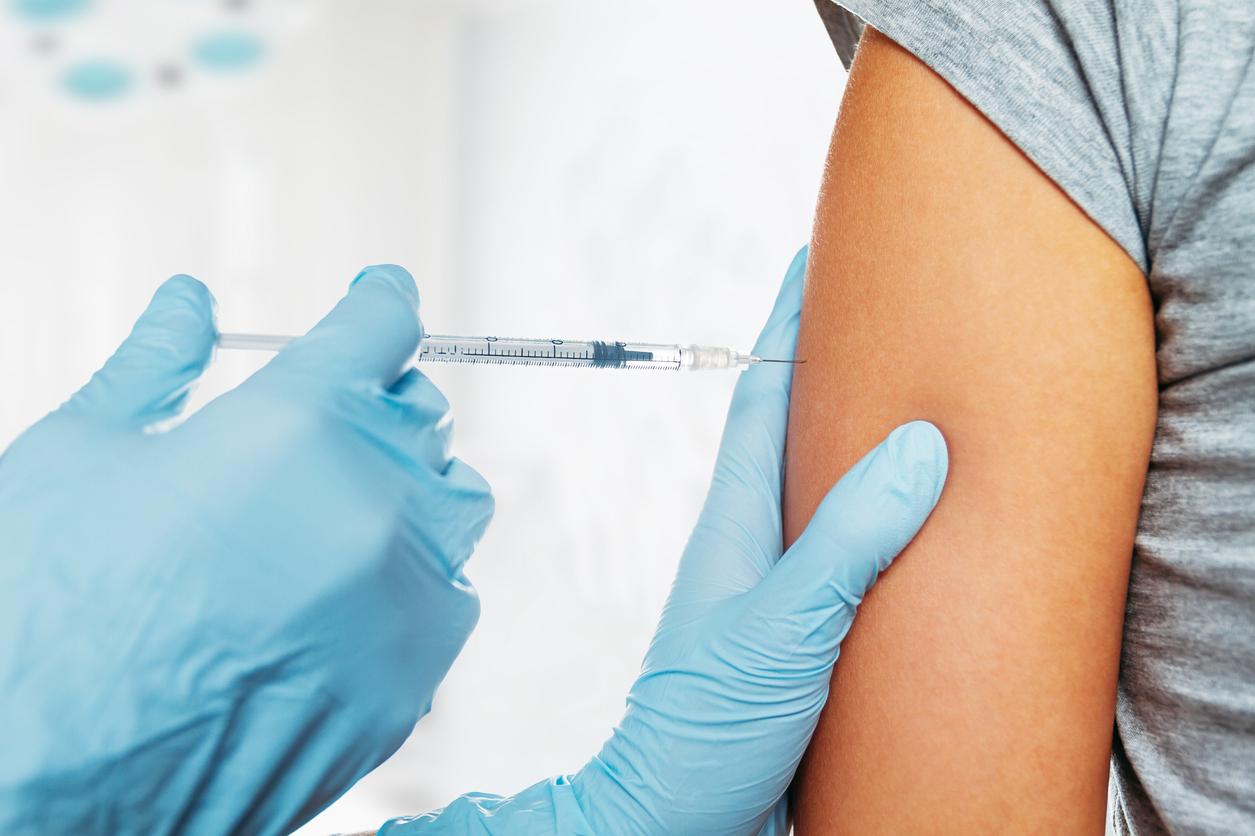The Independent's journalism is supported by our readers. When you purchase through links on our site, we may earn commission.
Acne vaccine could soon be a reality in a few years
With 80 per cent of people aged 11 to 30 affected, it’s about time too

Your support helps us to tell the story
This election is still a dead heat, according to most polls. In a fight with such wafer-thin margins, we need reporters on the ground talking to the people Trump and Harris are courting. Your support allows us to keep sending journalists to the story.
The Independent is trusted by 27 million Americans from across the entire political spectrum every month. Unlike many other quality news outlets, we choose not to lock you out of our reporting and analysis with paywalls. But quality journalism must still be paid for.
Help us keep bring these critical stories to light. Your support makes all the difference.
It’s one of the most common skin conditions, yet up until now scientists have been unable to pinpoint the exact cause of acne.
But, for those who suffer from the condition it looks like complexion problems could soon be a thing of the past: an acne vaccine is finally in the works.
And it’s about time too. According to the NHS, about 80 per cent of people aged 11 to 30 are affected by the skin disorder while the British Skin Foundation reports that nearly 20 per cent of sufferers have considered suicide because of it.
For those that deal with acne, it’s about so much more than just getting spots.
Luckily, scientists at the University of California San Diego have been working hard to come up with a solution once and for all but, it hasn’t been without its complications.
“Acne is caused, in part, by P. acnes bacteria that are with you your whole life and we couldn’t create a vaccine for the bacteria because, in some ways, P. acnes are good for you,” Eric C. Huange, the project’s lead researcher told Allure.
“But we found an antibody to a toxic protein that P. acnes bacteria secrete on skin – the protein is associated with the inflammation that leads to acne.”
In short, this means that the vaccine will work to block the acne-causing effects of the bacteria without completely eradicating it.
Still in its infancy, the formula has been tested on skin biopsies that the researchers collection from acne patients with good results.
The next step? Scientists are hoping to test on people in clinical trials which they hope will get under way in the next couple of years.
Join our commenting forum
Join thought-provoking conversations, follow other Independent readers and see their replies
Comments